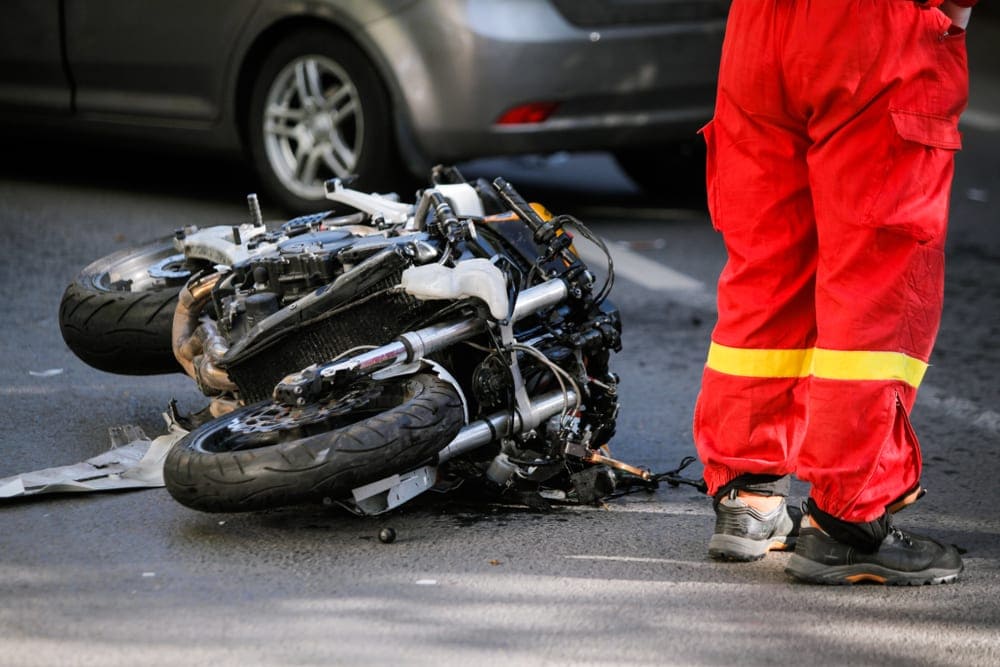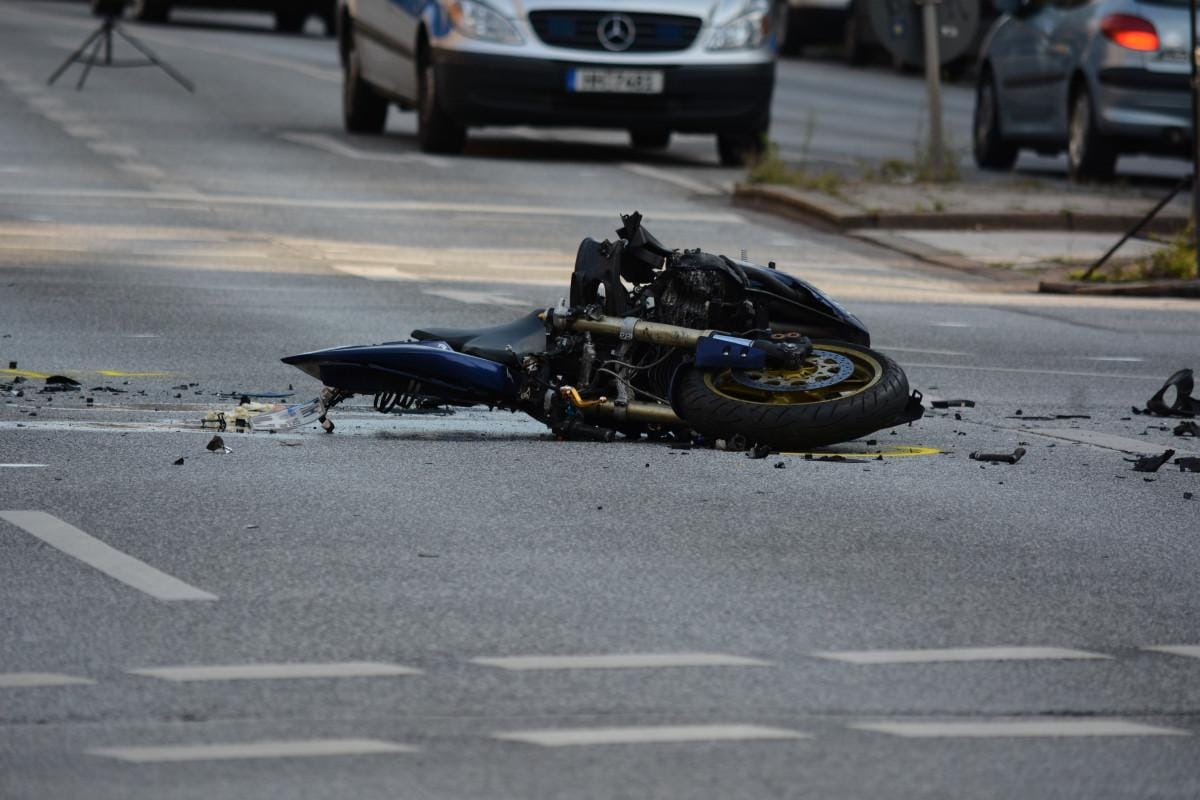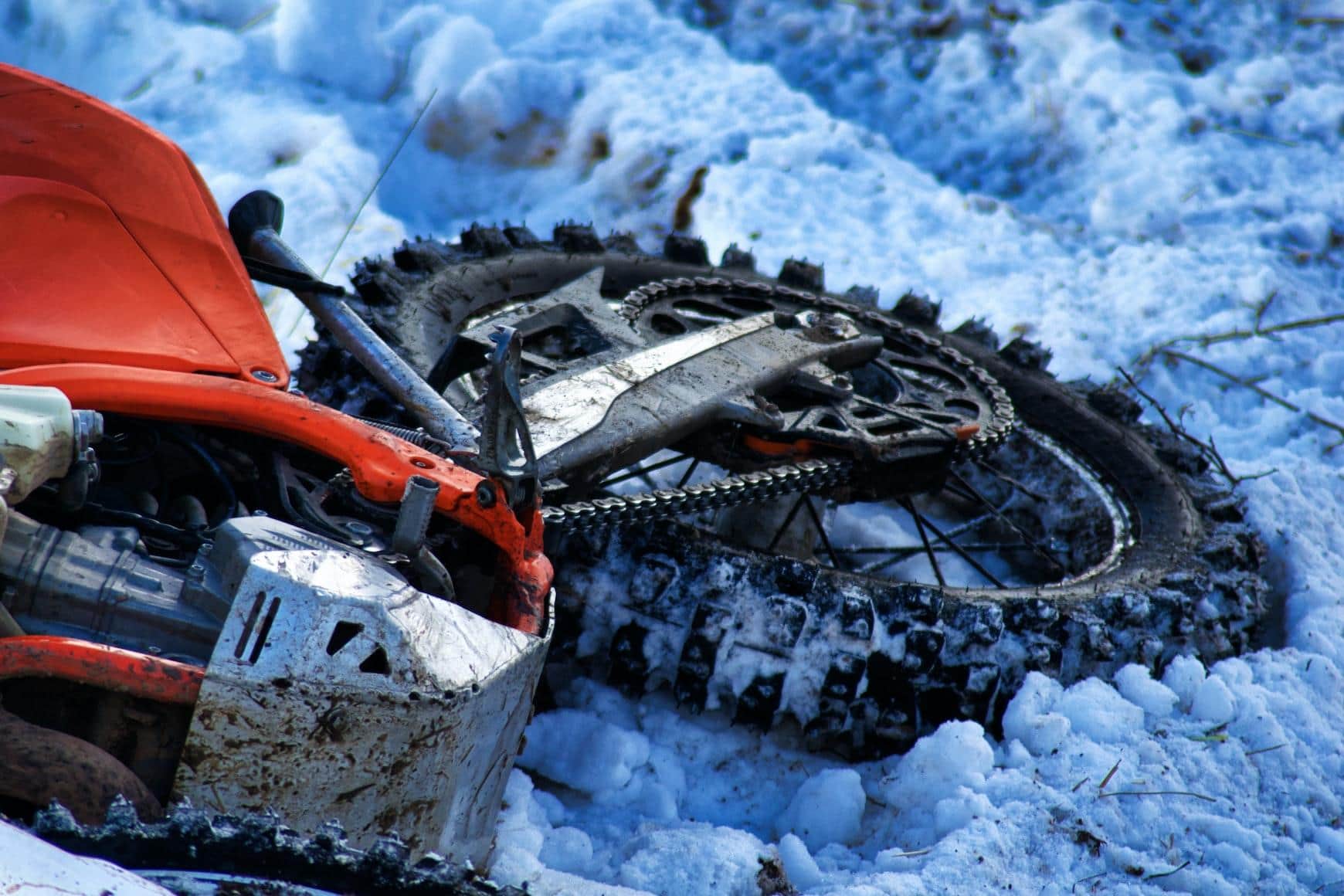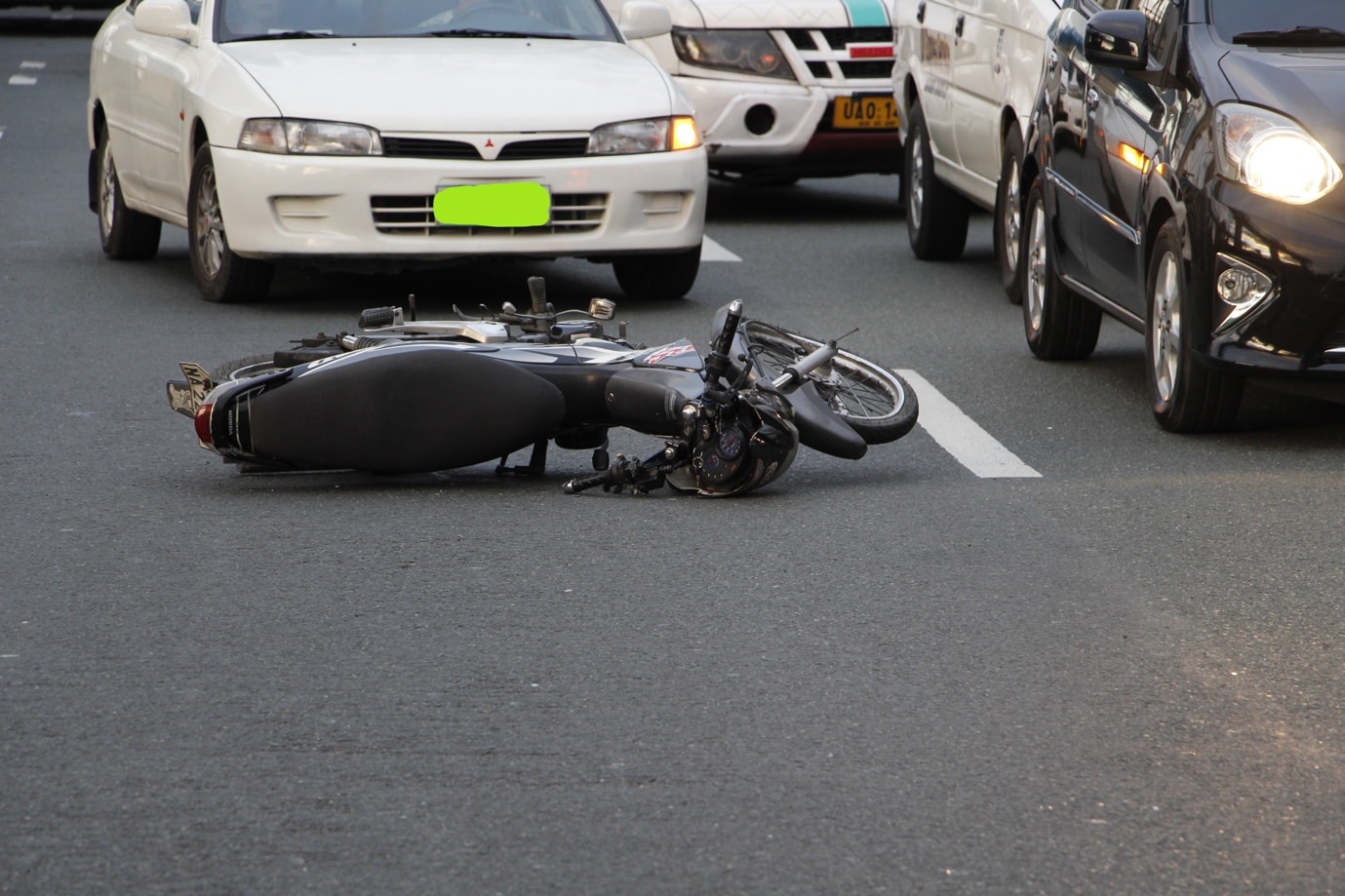
Nevada is a state that proudly embraces the spirit of adventure, with its scenic roads and diverse landscapes making it a popular destination for motorcyclists. However, as the thrill of the open road often comes with some risks, accidents can happen, leaving riders and innocent bystanders in need of immediate assistance. This is where Nevada Good Samaritan Law plays a pivotal role. In this article, we will explore the intricacies of Nevada’s Good Samaritan Law and how it applies to motorcycle accidents, helping you understand your legal rights and obligations in such situations.
Nevada’s Good Samaritan Law: A Brief Overview
Nevada’s Good Samaritan Law is designed to provide legal protection to individuals who voluntarily render aid to those in need during emergency situations. This law encourages people to step in and offer help without the fear of legal consequences, as long as their actions are conducted in good faith and with reasonable care. It covers a broad range of emergency situations, including medical emergencies, car accidents, and more.
In the context of motorcycle accidents, the Good Samaritan Law is a crucial legal safeguard for those who may find themselves at the scene of an accident. It ensures that people who render aid to injured riders or other accident victims are not held liable for any unintentional mistakes or errors in judgment that may occur while providing assistance.
Understanding the Basics of Nevada’s Good Samaritan Law
The primary aim of the Good Samaritan Law, which falls under personal injury law, is to protect those who step forward to help during a medical emergency or accident. Let’s delve into some key aspects of this law and how it relates to motorcycle accidents in Nevada:
Good Faith and Reasonable Care:
To be protected by Nevada’s Good Samaritan Laws in an emergency situation, individuals rendering aid during a motorcycle accident must do so in good faith, with the intention of helping. Additionally, they must exercise reasonable care in their actions. This means that if you see a motorcyclist injured on the road, your moral obligation to help is legally protected.
Gross Negligence and Deliberate Misconduct:
While the Good Samaritan Law shields those offering assistance, it does not provide immunity for gross negligence or intentional harm. If someone’s actions in aiding an injured person are so reckless that they amount to gross negligence or deliberate misconduct, they may still face legal consequences.
Legal Liability:
In the absence of gross negligence or deliberate misconduct, a person rendering aid in good faith is generally not held liable for the consequences of their actions during a motorcycle accident. This means that you can provide assistance, such as administering basic emergency care or calling for emergency medical services, without the fear of legal repercussions.
Emergency Medical Services:
Nevada law allows medical professionals, including volunteer ambulance drivers, retired police officers, and paid medical responders, to provide aid without facing legal consequences. They are considered well-trained and qualified to offer their services in emergency situations.
Exceptions to the Rule:
While Nevada’s Good Samaritan Law offers broad protection, there are a few exceptions to be aware of. For instance, if you are rendering aid in a professional capacity or on public school grounds, different legal rules may apply.
Practical Application: Motorcycle Accidents
Now, let’s explore how the Good Samaritan Law applies specifically to motorcycle accidents in Nevada. Imagine you’re driving down the stunning roads of Las Vegas, and you witness a motorcycle accident. What should you do, and what legal protections can you expect?
Providing Assistance:
If you come across a motorcycle accident, the law encourages bystanders to offer their assistance. You can safely provide aid, such as calling 911, helping the injured person, or ensuring that they receive medical care. Remember, you are protected as long as your actions are taken in good faith and with reasonable care.
First Aid and Emergency Care:
You can administer basic emergency care, such as providing CPR or first aid, without fearing legal consequences. The law recognizes that in emergency situations, immediate actions can make the difference between life and death.
Calling for Help:
Do not hesitate to call emergency services or request an air ambulance if the situation requires it. Your honest effort to save lives during a motorcycle accident is highly commendable and legally protected.
Innocent Bystanders:
If you are not a medical professional but are trying to help an injured motorcyclist, Nevada’s Good Samaritan Law safeguards you. It recognizes that not everyone is a trained medical expert, and your willingness to assist in an emergency is invaluable.
Legal Protection:
Even if there are obvious errors in your attempts to render aid, the law is on your side as long as you act in good faith. You won’t be held liable for unintentional mistakes that may occur during a high-stress situation.
Seeking Legal Guidance
In some cases, the legalities surrounding Nevada’s Good Samaritan Law can become complex, particularly when it comes to the fine line between deliberate misconduct and good faith assistance. If you ever find yourself facing questions or legal challenges related to a motorcycle accident in which you provided aid, it is advisable to consult a personal injury lawyer or personal injury attorney with expertise in this field. They can provide valuable guidance on navigating the legal landscape and ensure that your actions are within the bounds of the law.

Contact The Bourassa Law Group for the Best Personal Injury Lawyers in Town
Nevada’s Good Samaritan Law is a vital piece of legislation that encourages people to step in and offer assistance during emergency situations, including motorcycle accidents. It provides essential legal protection to those who render aid in good faith and with reasonable care. Knowing your rights and obligations under this law can empower you to make a positive difference when it matters most, without the fear of legal consequences.
In the beautiful state of Nevada, where adventure and exploration are part of the culture, the Good Samaritan Law reminds us that we are all connected by a moral obligation to help one another in times of need. So, as you enjoy the scenic roads of Las Vegas and beyond, remember that you have legal protection when acting as a good Samaritan, and your actions can truly make a difference in someone’s life.
Want a reliable personal injury lawyer? Contact BLG, the top choice for legal help. We will guide you through the entire legal process and safeguard your rights.
Discuss your case with us over a free consultation meeting. Book your appointment now!





